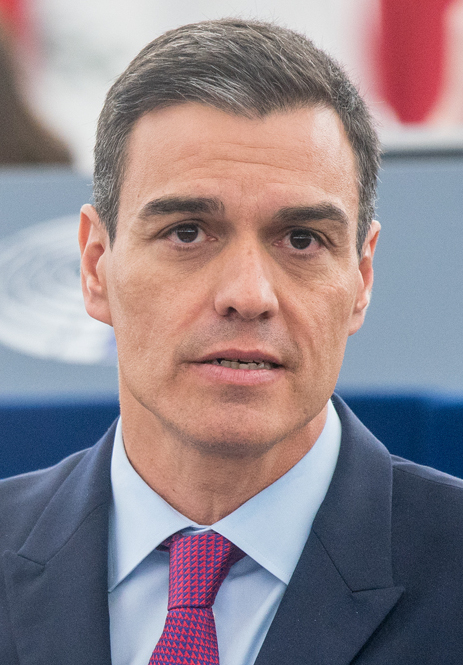Spanish Prime Minister Pedro Sanchez said that he will ask Parliament next week to extend the State of Alarm that was imposed on March 15 in the wake of the COVID-19 pandemic, for another 15 days when it expires on May 9.
If the request is granted by the Congress, the lower chamber of Spanish Parliament, it would be the fourth extension, reports Xinhua news agency. "The State of Alarm has worked in Spain... So we will ask the Congress for another extension for a further 15 days," Sanchez said on Saturday in a televised speech.
Relaxation of lockdown restrictions
His address came on the same day when majority of Spaniards were allowed outdoors to take exercise for the first time after seven weeks of virtual lockdown "We are collecting the fruits of the efforts of these seven weeks," he said, referring to relaxations of the lockdown restrictions.
The Prime Minister pointed to the falling number of new deaths and new cases in Spain, where 276 new deaths and 1,147 new cases were confirmed by the Health Ministry on Saturday, to insist that "we knew that confinement was the way to stop the propagation of the virus".

He then looked ahead to the four-stage roadmap he set out earlier in the week to bring a "new normality" to post-pandemic Spain. Each of the stages (numbered 0 to 3) will last at least two weeks. Each of Spain's 50 provinces will only be able to move from one stage to another after meeting a series of requirements.
In stages
Stage 0 is due to begin in most of the country on May 4 and will be a "preparation phase" while stage 1 will allow small businesses and hotels to reopen although without common areas. Meanwhile, stages 2 and 3 will see restaurants, cinemas and theatres reopen to 30 percent of their capacity, before increasing that to 50 percent by the end of June, when people will also be able to use public beaches but with social distancing restrictions.
Sanchez added that from May 4, it would be obligatory to use face masks on public transport. A State of Alarm is the first of three emergency levels a Spanish government can apply under exceptional circumstances.
It grants the government special powers to limit the movement of citizens, control the means of production, use private assets if needed and also use the military to carry out essential logistical and supply jobs. Spain currently accounts for 216,582 coronavirus cases, with 25,100 deaths.








